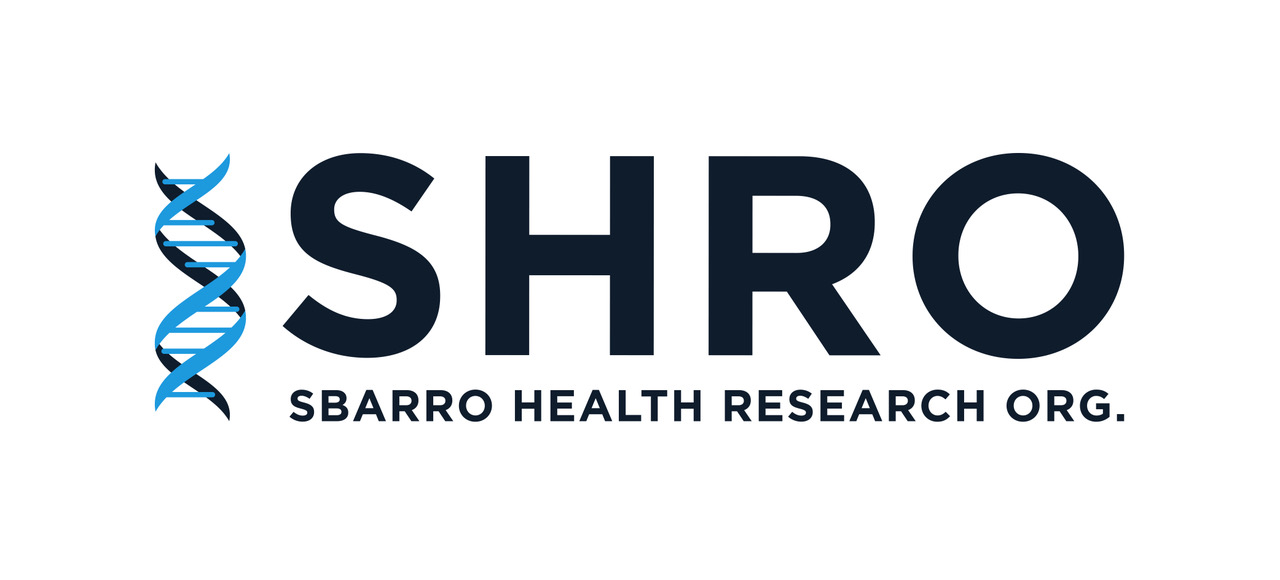Newswise — Philadelphia-Roma, Central Italy, April 2015.
Once more, the multifactorial and heterogeneous nature of breast cancer fascinates researchers and is newly confirmed and re-interpreted in light of the results of a study entitled “Metformin and breast cancer: basic Knowledge in clinical context” published in April 2015 in the international journal Cancer Treatment Reviews. The authors belong to a multidisciplinary Italian-American team led by Dr Maddalena Barba, researcher at the Regina Elena National Cancer Institute of Rome, Italy, in collaboration with Prof. Antonio Giordano, Director of the Sbarro Institute for Cancer Research Temple Universityof Philadelphia, USA.
“Metformin is the insulin sensitizing drug most widely prescribed worldwide. It is commonly used as first-line treatment of type II diabetes mellitus and in patients with polycystic ovarian syndrome, metabolic syndrome, and diabetes prevention in high-risk population. More recently, metformin has increasingly drawn the scientists’ attention due to its anti-carcinogenetic properties relatively to several oncologic diseases including breast cancer” says Prof Giordano, who has gained considerable experience in research focused on the binomious “metabolism-breast cancer”.
“Notwithstanding its importance in unraveling the mechanisms of metformin action in breast cancer, pre-clinical work is unable to capture the host’s response to metformin in terms of insulin-mediated effects and related changes in the metabolic and hormonal asset at the systemic level which may significantly impact treatment outcomes” says Dr Barba. “Filling the gap between the molecular target and the characteristic features of breast cancer patients may help pre-clinical and clinical work converge into one or more well characterized sub-populations of patients who may best benefit from the use of metformin. This may also greatly enhance our ability to interpret treatment outcomes and assign further treatment” clarifies and concludes Prof. Giordano.
